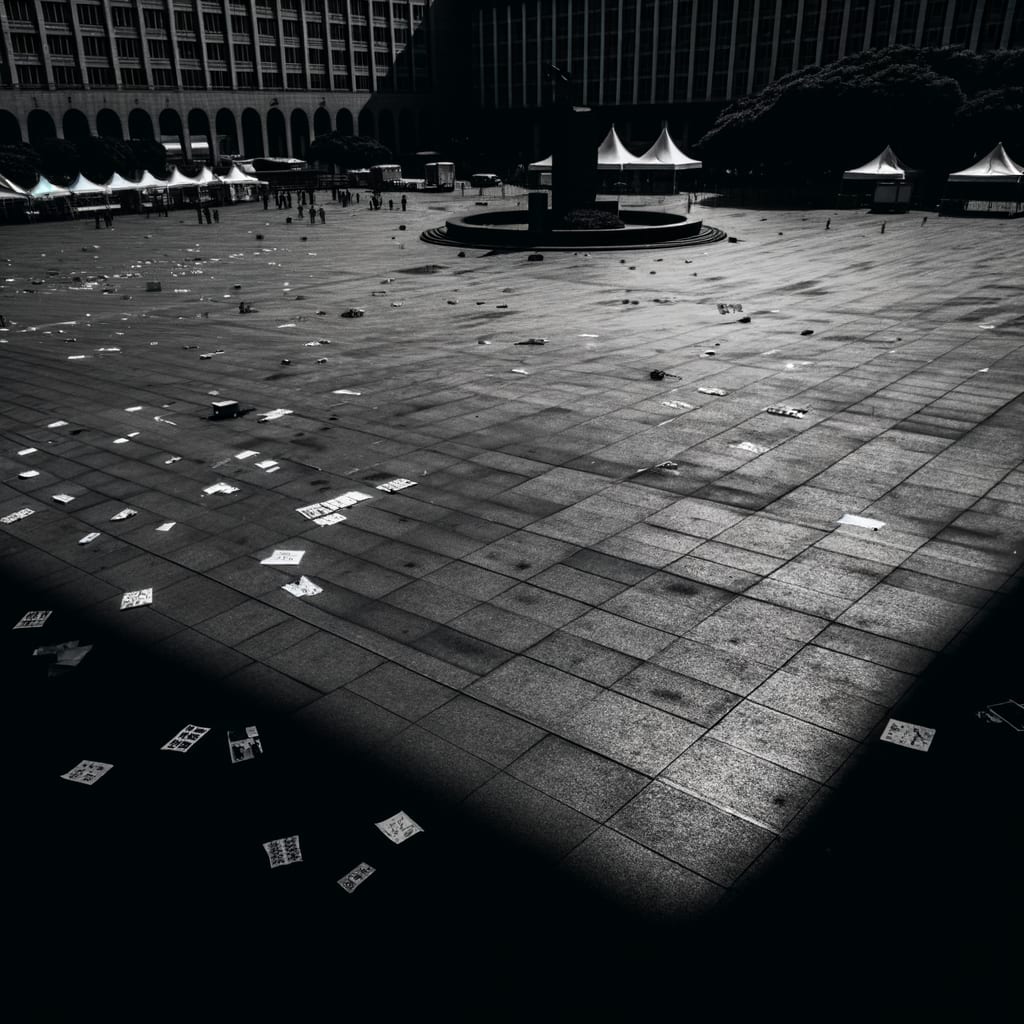Israel's Controversial Plan for Gaza Sparks International Condemnation, Domestic Protests, and Raises Questions
In a bold and controversial move, Israeli Prime Minister Benjamin Netanyahu's war cabinet approved a plan to occupy Gaza City, a decision that has sparked widespread international condemnation and domestic protests. The plan's motives and potential implications continue to raise multiple questions.
Background and Context
The decision to occupy Gaza City came after more than ten hours of closed-door talks. The plan includes the forced evacuation of its one million residents to the south, the encirclement of the city by Israeli forces, and targeted raids on residential areas. The later stages include the takeover of central refugee camps. Netanyahu suggests that Arab forces could take control if they do not threaten
Israel. The Prime Minister's assurances notwithstanding, the international community and domestic critics continue to express concern over the plan's potential consequences.
Key Developments
Israeli Prime Minister Benjamin Netanyahu has defended his plan, stating that it is the best way to end the war
and to liberate
Gaza from Hamas. However, this narrative has been challenged both domestically and internationally. Far-right finance minister Smotrich has reportedly lost faith
in Netanyahu's desire to win the war and has called for changes to the Gaza plans. Meanwhile, senior UN officials warned that the move risked unleashing another calamity
on a territory already experiencing starvation, pure and simple
.
Implications and Reactions
Israel's plan has drawn widespread international condemnation over the potential implications of the looming attack on the densely populated area. Critics argue that the presence of military targets in civilian areas of Gaza or Israel does not justify attacks. The plan has also sparked domestic dissent. Some within the Israeli opposition view the operation as a political maneuver by Netanyahu to preserve his power amid coalition instability. Furthermore, the potential full occupation of Gaza marks a stark escalation in the conflict with Hamas, revealing a deeply troubling disregard for military counsel, humanitarian norms, and regional stability.
Conclusion
As Israeli forces prepare for the potential takeover, the future of Gaza City remains uncertain. While Netanyahu asserts that his plan is not to occupy Gaza but to liberate it from Hamas, these claims have been met with skepticism. Critics argue that the plan risks trapping Israel in a quagmire with no clear exit strategy. Amid the turmoil, the question of who will govern Gaza post-occupation remains a pressing issue. Amidst international outrage and domestic criticism, the feasibility of Netanyahu's plan and its potential consequences continue to be subjects of intense debate.
With the situation in Gaza intensifying, the world watches, waiting to see how the situation will unfold. The question remains: Will Israel’s plan bring an end to the conflict, or will it only serve to exacerbate the already fraught situation in the Gaza Strip?

